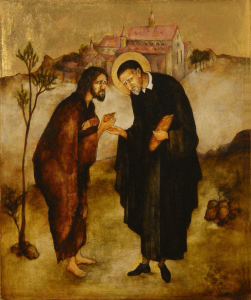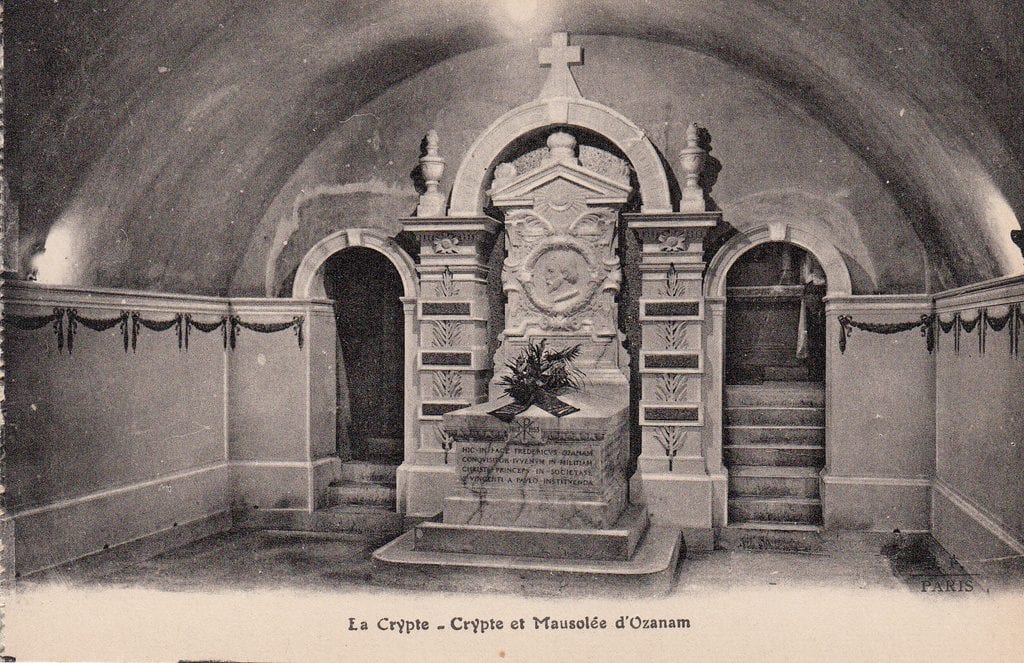 “How good you are, a God, my God, how good you are, since indeed in… (Saint) Francis de Sales, your creature, there is such great gentleness” (29, Deposition at the Process of Beatification of Francis de Sales, 17 April 1628, CCD, 13a:91.)
“How good you are, a God, my God, how good you are, since indeed in… (Saint) Francis de Sales, your creature, there is such great gentleness” (29, Deposition at the Process of Beatification of Francis de Sales, 17 April 1628, CCD, 13a:91.)
In telling of his own spiritual journey, Saint Vincent de Paul described being moved and transformed as a young man by his encounter and relationship with Francis de Sales — the Bishop of Geneva later recognized by the Catholic Church (in part through Vincent’s passionate testimony) as a Saint. Vincent, who was surely intellectually gifted and ambitious as a youth, expresses in the quote above his profound appreciation for Francis and the effect he had on him and others. De Sales instilled a deep appreciation in Vincent for how approachability and gentleness serve to open hearts. This, Vincent realized, is often more important and more transformative than the work our intellect does to win an argument.
DePaul University is a very large and multi-faceted institution. As important as mission statements or other proclamations of our mission may be, students, staff, and members of our community will only believe claims that “DePaul” cares about them if they feel the people they interact with here actually do. What a difference it makes if people feel that those around them are easily approachable because they radiate gentleness, joy, and authentic concern for others!
The virtue of meekness may be seen at times as a character trait or type of charisma with which some are blessed and others are not. However, Vincent believed that it could and must be cultivated, both in himself and in others whom he mentored and guided. Vincent saw himself as someone who was naturally prone to anger, and he had to learn how to channel that anger in healthy, productive ways. Our anger can sometimes be a great gift, for instance when prompted by the suffering and injustice we observe in the world around us. Yet, it must be focused in healthy ways, or else it may be wrongly directed at those around us, or in ways that do not lead to benefit.
Who are some people in your own experience who have this gift of approachability and gentleness? What are ways that we can cultivate the virtue of meekness, while remaining authentic in our relationships and having the necessary strength to encourage others to be the best versions of themselves?
Reflection by: Abdul-Malik Ryan, Assistant Director and Muslim Chaplain, Division of Mission and Ministry

